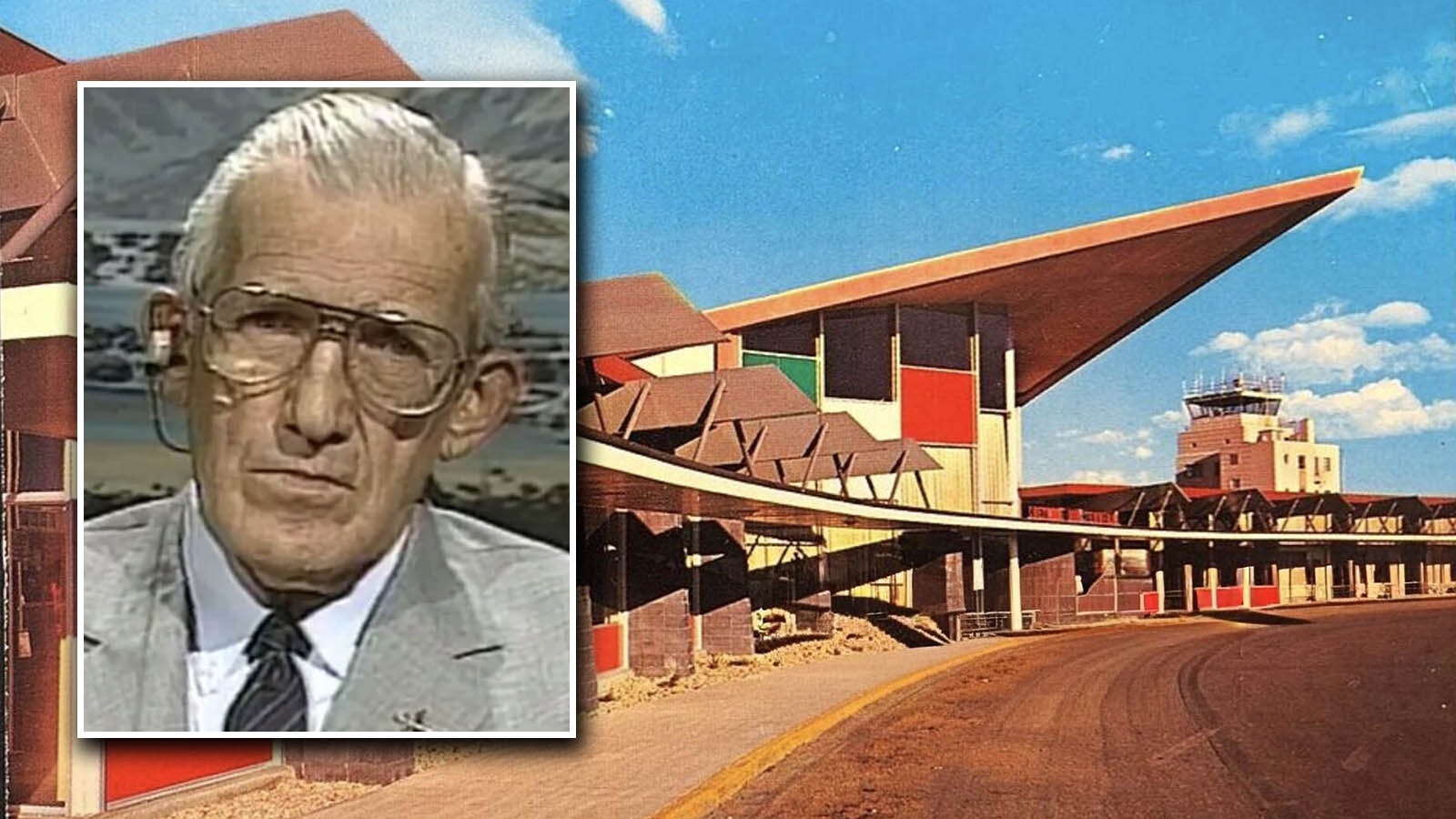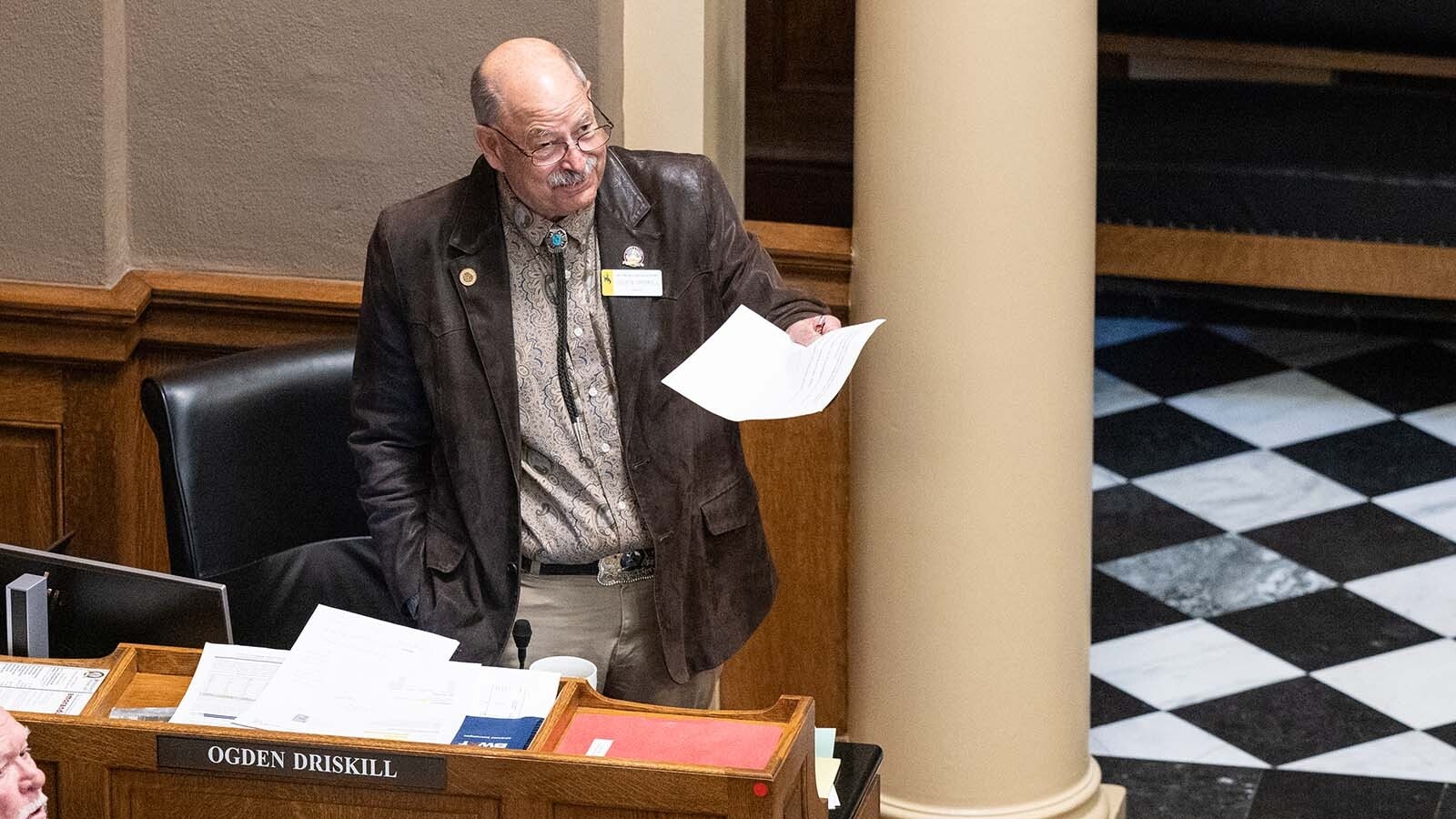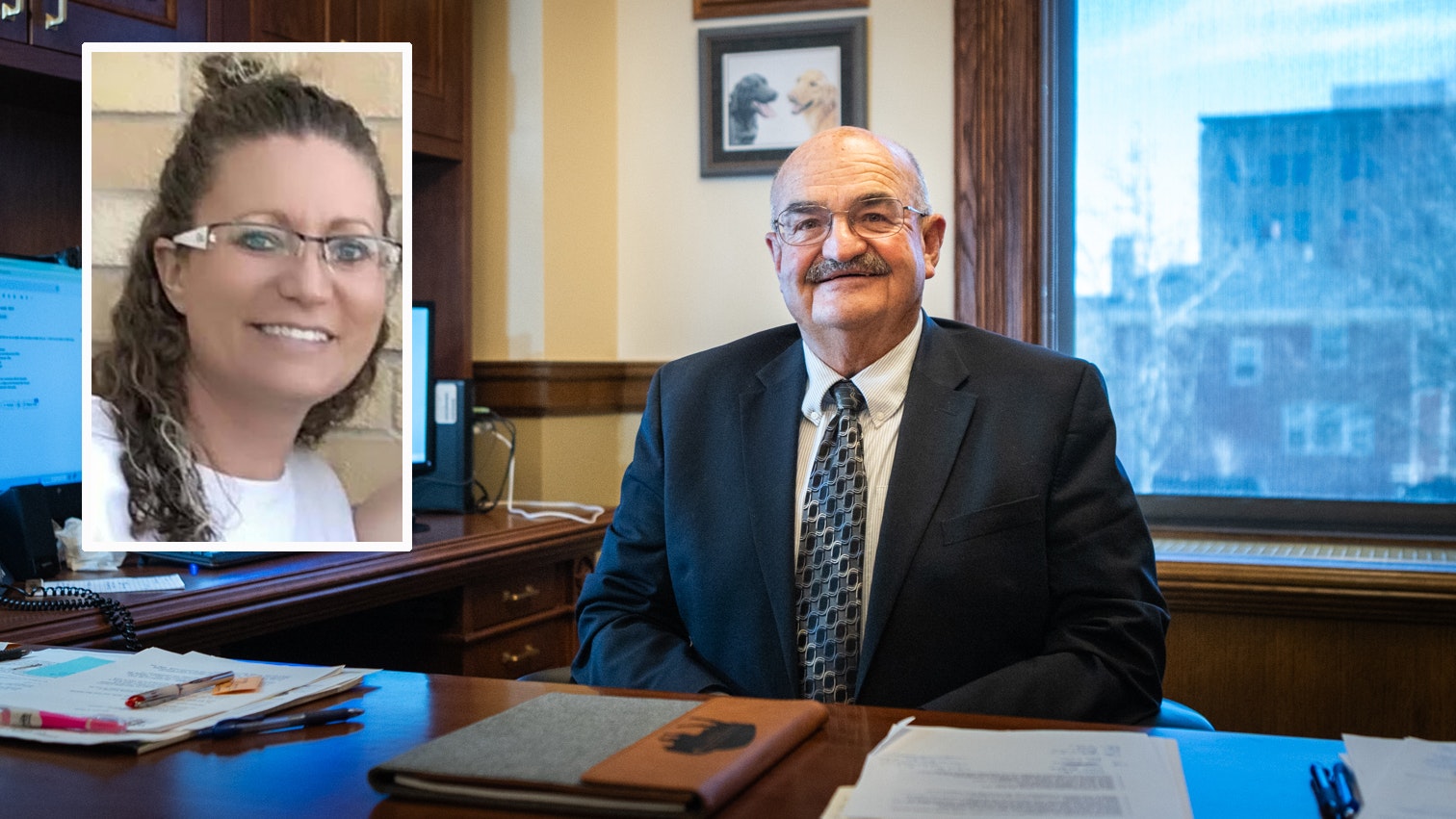Abortion remains legal in Wyoming after a district court judge last month ruled that state laws banning the procedure were unconstitutional, but that doesn’t mean legislators won’t find other end-arounds to put more regulations on abortions.
State Rep. Martha Lawley, R-Worland, is bringing back her Regulation of Surgical Abortions bill for the upcoming legislative session, which would require all surgical abortion clinics in Wyoming to be licensed by the state.
Lawley’s bill would classify surgical abortion clinics in Wyoming as ambulatory surgical centers and put them under the Wyoming Department of Health’s oversight for licensing them and their physicians.
“Ensuring that abortion services are safe and regulated is crucial to protecting the safety and well-being of women,” Lawley told Cowboy State Daily. “Twenty-three other states have laws or policies that regulate abortion providers.”
Targeted?
Rep. Mike Yin, D-Jackson, disputes that abortions can ever be considered surgeries and believes the bill’s true intent is to reduce abortions in Wyoming.
“It’s not really being honest about what it’s trying to do,” he said. “It’s not trying to help women, it’s trying to prevent women from accessing abortions.”
There is only one active surgical abortion facility in Wyoming, the Wellspring Health Access Clinic in Casper.
Critics of Lawley’s bill have said it’s being brought as an attempt to shut down Wellspring.
“We would urge legislators to reject this bill, but they absolutely know it has nothing to do with patient safety and everything to do with restricting access to reproductive health care,” said Marcie Kindred, field communications director for pro-choice group Wyoming United for Freedom. “They are hiding behind their claims of patient safety and hypocritically advocating for unnecessary government regulations on these private health care facilities.”
Wellspring officials mentioned this when testifying against Lawley’s bill earlier this year, saying it will make it more difficult for their clinic to operate and force it to shut down some or all of its services at least temporarily.
The Casper facility has had a contentious existence since opening in 2023, met with near-daily protestors and an arson attack that delayed its opening.
Lawley said that’s not what her bill is about and that the life of a mother is just as valuable as her unborn child.
“The intent of this bill is not to put anyone out of business, it’s to protect women’s safety,” she said. “This bill provides common-sense regulations for surgical abortions to protect the safety of women who choose to get a surgical abortion.”
Julie Burkhart, president of Wellspring Health Access, told a legislative committee in February that similar measures have been brought in other states as part of what she sees as attempts to curtail abortion access and not improve patient care.
“For those who are unsure about the origin and intent of this bill, please make no mistake — the sole purpose of the bill is to further limit the number of abortions,” Burkhart said. “Thus, restricting health care to people with punitive, detrimental measures that increase cost and restrict health care options.”
Risks And Penalties
Lawley said unsafe abortions “pose significant risks to women’s safety, leading to complications, injuries and even death.”
“Regulations help mitigate these risks and ensure that women receive proper care,” she said.
Data released from a medical study performed in 2016 shows that 0.7 women per 100,000 die as a result of having an abortion, a lower rate than colonoscopies.
The bill would not impact St. John’s Family Medicine in Jackson, which only provides medical abortions, rather than surgical ones. Also known as “medication abortions,” the pregnancy is terminated through pills and is the most common way abortions are performed.
Burkhart said the license requirements would require her facility to expand hallways, alter the dimensions of procedure rooms and reconfigure its janitorial setup.
Under the bill, any person who performs a surgical abortion in Wyoming as an unlicensed physician could be found guilty of a felony carrying no less than one year and up to 14 years in prison.
Clinics that violate the bill would be fined $1,000.
Although not all OB-GYN facilities offer abortions, they all would be considered ambulatory surgical centers under the new regulation the bill creates. In the last few years, four of these clinics have closed in the Cowboy State.
Another important feature of the bill is that no person shall perform a surgical abortion in Wyoming who is not a licensed physician with admitting privileges at a hospital located no more than 10 miles from the abortion clinic. The threshold for other surgical procedures in Wyoming is 50 miles.
Kindred said this opens a Pandora's box for potential logistical problems between local hospitals and abortion clinics that will make it harder to find physicians who can work at abortion clinics. She also said the same requirement is not put on facilities performing similar or even more complex procedures.
“This requirement is not imposed on other medical facilities performing similar or even more complex procedures, making the law a discriminatory attack on abortion providers and an unconstitutional infringement on healthcare access,” she said.
A previous requirement in the bill that all women seeking an abortion receive an ultrasound 48 hours before an operation is not in the current version.
Opposing Bill
Yin said he plans to bring his Reproductive Freedom Act back this year, a bill that would enshrine the right to abortion under Wyoming law.
This bill was not considered for introduction last year.
With the Freedom Caucus taking over all the leadership positions in the state House and the entire chamber shifting to the right, it’s not likely Yin’s bill has any greater chance of succeeding this session than it did last.
“If it isn’t heard, I’m going to place blame on the people who prevented it from being heard,” Yin said.
If the Wyoming Supreme Court upholds the right to abortion in the lawsuit, the matter will likely go before the Wyoming voters as a constitutional amendment.
In an October survey by the University of Wyoming, 59% of respondents said they feel that abortion should be permitted beyond situations of rape, incest and danger to the mother’s life, and 39% said women should always have access to abortion as a matter of choice.
“Our elected officials are blatantly disregarding patient care and abandoning Wyoming’s deeply held values of limited government, personal liberty and freedom in favor of ideology,” Kindred said. “Wyomingites deserve better.”
Backstory
When the U.S. Supreme Court overturned the federal law legalizing abortion in its 2022 Dobbs decision, it set the ball in motion for abortion to be regulated by states. Lawley sees her bill as establishing that regulation for abortion clinics, which she believes are virtually unregulated in Wyoming.
Some critics of the bill have argued that if it were to pass, it would serve as an acknowledgement that abortion is considered health care in Wyoming. This was the main sticking point of the abortion ban lawsuit, in which 9th District Court Judge Melissa Owens determined abortion does qualify as a guaranteed right of health care under the Wyoming Constitution.
Lawley doesn’t agree with this determination and the bill even clarifies that in no way should it be construed as recognizing or defining abortion as health care.
State Rep. Rachel Rodriguez-Williams, R-Cody, chairman of the Wyoming Freedom Caucus and one of the most vocal pro-life legislators in the state, supports Lawley’s bill.
“I’m grateful that representative Lawley has brought back the bill,” Rodriguez-Williams said. “Thankfully, she has taken the advice of America’s top pro-life advocates and added the essential stipulation this time around that abortion is not health care.”
Lawley’s bill is nearly identical to the version considered earlier this year.
That bill passed both chambers of the Legislature by a large margin. Gov. Mark Gordon vetoed it, saying it had complicating amendments, making it vulnerable to legal challenges that could jeopardize the state’s fight to defend its abortion ban. In his veto letter, Gordon described Lawley’s original bill before it was amended as a “simple and elegant solution.”
Lawley said she’s not concerned about the governor vetoing her legislation again as she believes there is enough support for her bill to override a veto with a two-thirds vote.
Leo Wolfson can be reached at leo@cowboystatedaily.com.





